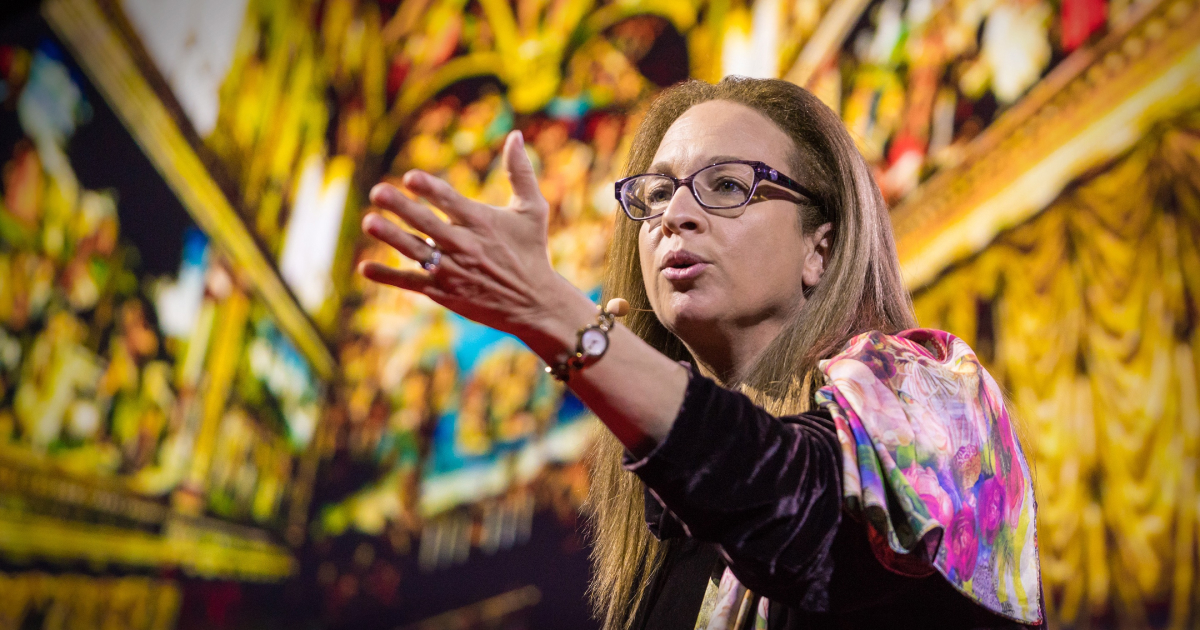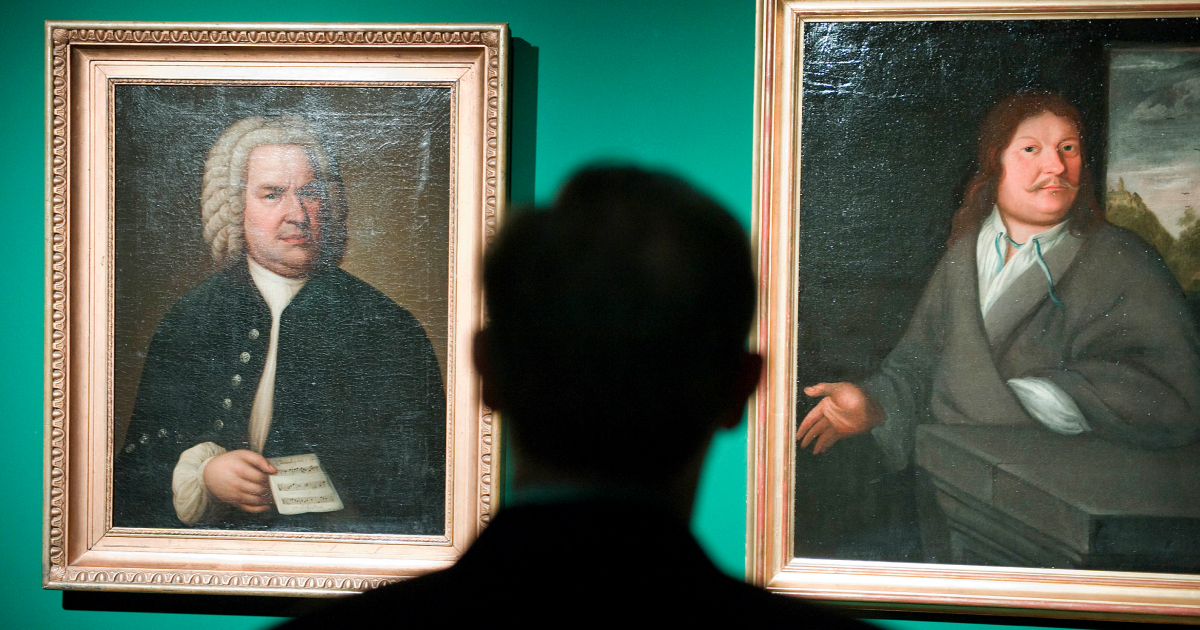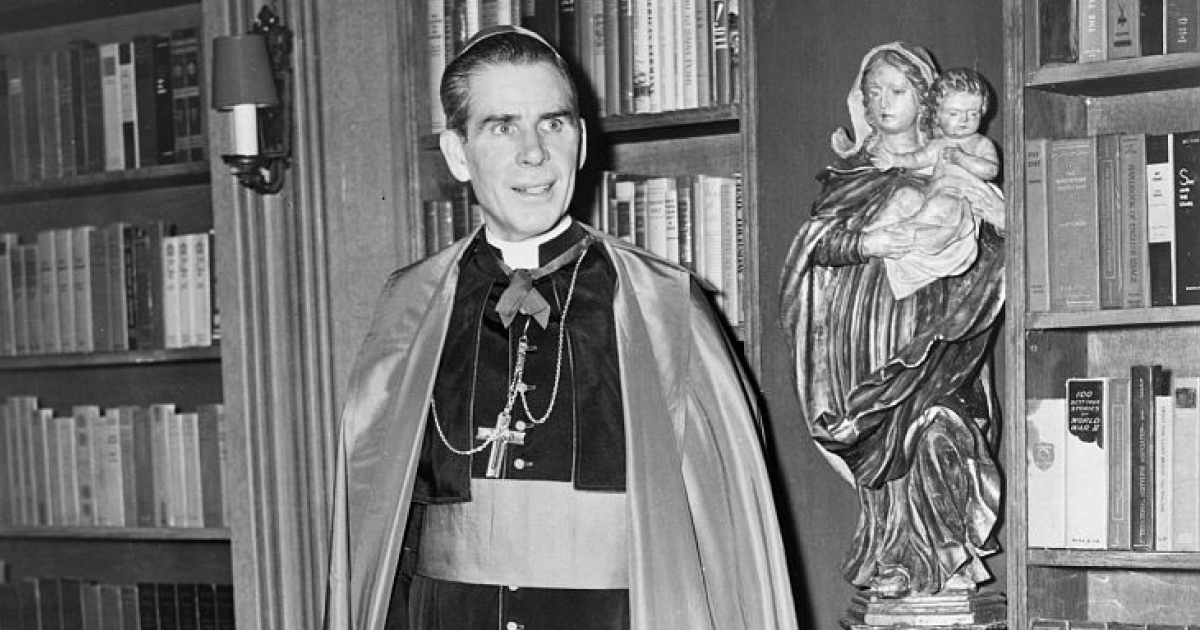During his General Audience on Wednesday, 13 August 2025, Pope Leo XIV reaffirmed the traditional understanding that Judas Iscariot, through his betrayal and lack of final repentance, excluded himself from salvation. His reflections, delivered as part of the Jubilee Year catechesis on “Jesus Christ Our Hope,” highlighted the gravity of Judas’s actions while offering a sobering reminder of the human capacity for self-exclusion from divine mercy.
In his address, the Holy Father turned to the Passover scene recounted in Mark 14, emphasising that Christ’s words, though spoken without raised voice or accusatory gesture, were deeply penetrating. He explained that Jesus spoke not to condemn but to call to truth, in the hope of awakening conversion in listening hearts.
Reflecting on the heavy burden of betrayal, Pope Leo said that when evil is recognised, God does not avenge but grieves. The phrase “better if he had never been born,” he added, is not an arbitrary condemnation but a solemn truth: by turning away from the love that created us, we risk severing ourselves from the very meaning of our existence and excluding ourselves from salvation.
This position stands in clear contrast to reflections offered by his predecessor, Pope Francis, notably in a homily for Spy Wednesday in April 2020. In that address, Pope Francis meditated on Christ’s words and the mystery of Judas, including the haunting appellation “friend.” He remarked: “Does that mean that Judas is in Hell? I don’t know.”
Pope Leo XIV’s comments return to a more traditional articulation, aligned with longstanding theological consensus: that Judas, by freely choosing betrayal without repentance, removed himself from communion with God. The Church’s patrimony, including saints such as Augustine and Aquinas, along with the Catechism of the Council of Trent, leans heavily toward the interpretation that Judas’s fate was one of reprobation.





.jpg)





.jpg)





